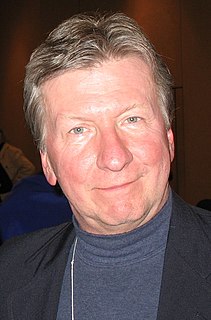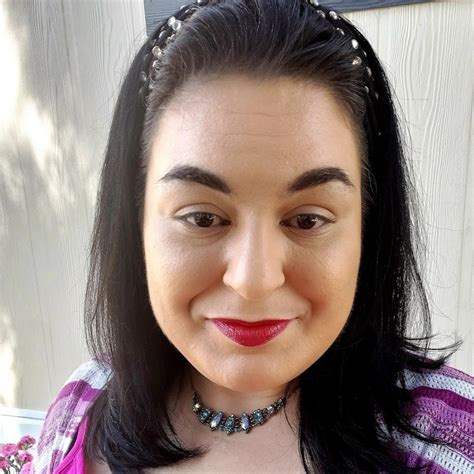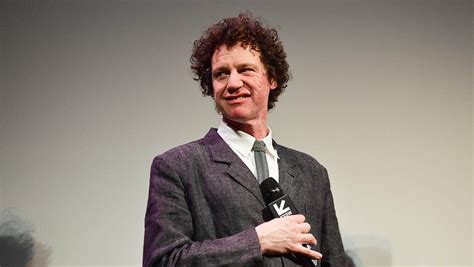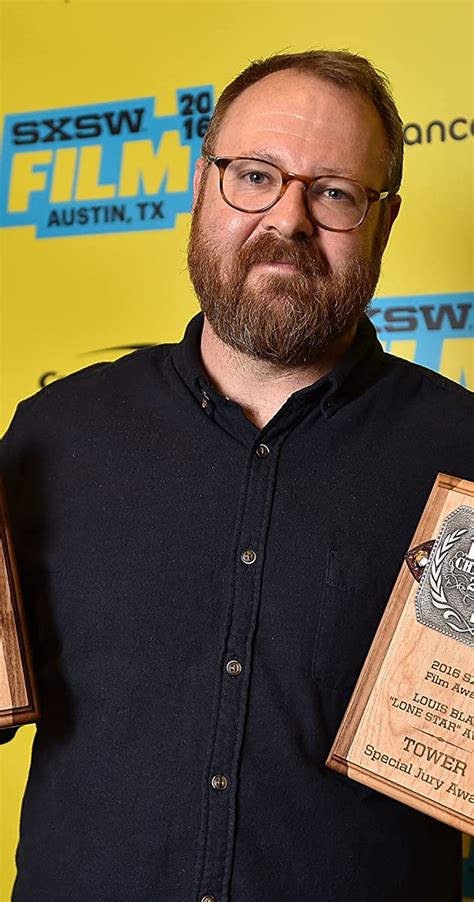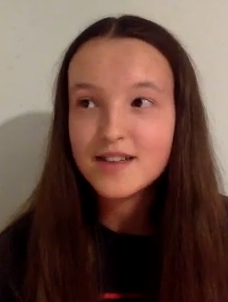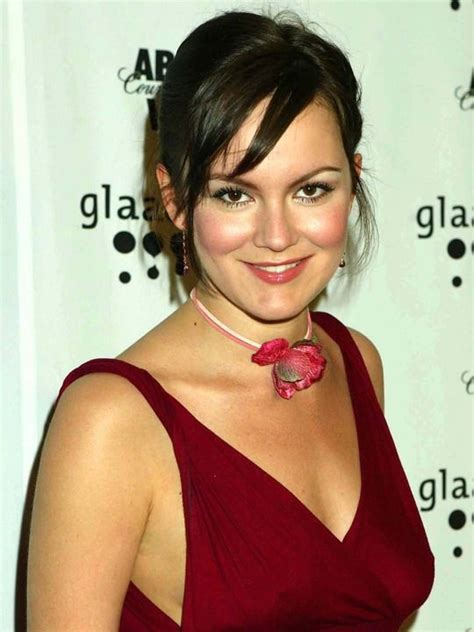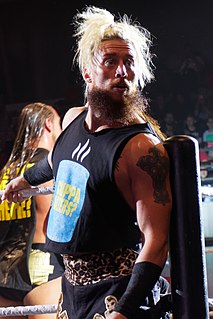A Quote by F. Paul Wilson
Some people never learn how to talk to kids. They turn up the volume and enunciate with extra care, as if talking to a partially deaf immigrant. They sound as if they're reading lines somebody else wrote for them, or as if what they're saying is really for the benefit of other adults listening and not just for the child. Kids sense that and turn off.
Related Quotes
You know all that sympathy that you feel for an abused child who suffers without a good mom or dad to love and care for them? Well, they don't stay children forever. No one magically becomes an adult the day they turn eighteen. Some people grow up sooner, many grow up later. Some never really do. But just remember that some people in this world are older versions of those same kids we cry for.
Always praise your kid even if he/she is unresponsive to learning. By insulting them and putting them down, you will only push them away and make them feel inadequate around other kids. Have faith that your child's brain is an evolving planet that rotates at its own speed. It will naturally be attracted to or repel certain subjects. Be patient. Just as there are ugly ducklings that turn into swans, there are rebellious kids that turn into serious innovators and hardcore intellectuals.
[E]verywhere I'm looking at kids, adults mostly don't seem to like them, not even the parents do. They call the kids gorgeous and so cute, they make the kids do the thing all over again so they can take a photo, but they don't want to actually play with them, they'd rather drink coffee talking to other adults. Sometimes there's a small kid crying and the Ma of it doesn't even hear.
You often hear when you talk to guys in our industry, that this is my personality, I just turn the volume up, but over the years, I've really become me. No volume turned up, no nothing. I've been able to go out there and just be myself. It's through solid performance after solid performance that people just take you for who you are.
We think of music as this substance that flows - you turn on the tap, and there it is, streaming off your computer - but that's not how we evolved as a species. We evolved to listen to each other, and the reason we're able to listen to music in the terms is talking about is because we're really good at listening to each other. But this kind of technology has allowed us to forget that music is the sound of each other.
Whenever we can, we try to talk to students. If I can, I'll invite kids from a school to a sound check and take questions from them. I want to show them it's cool to play the trombone. Kids are influenced by what's accessible to them. It's hard for kids to be introduced to music other than what they see on TV and video.
